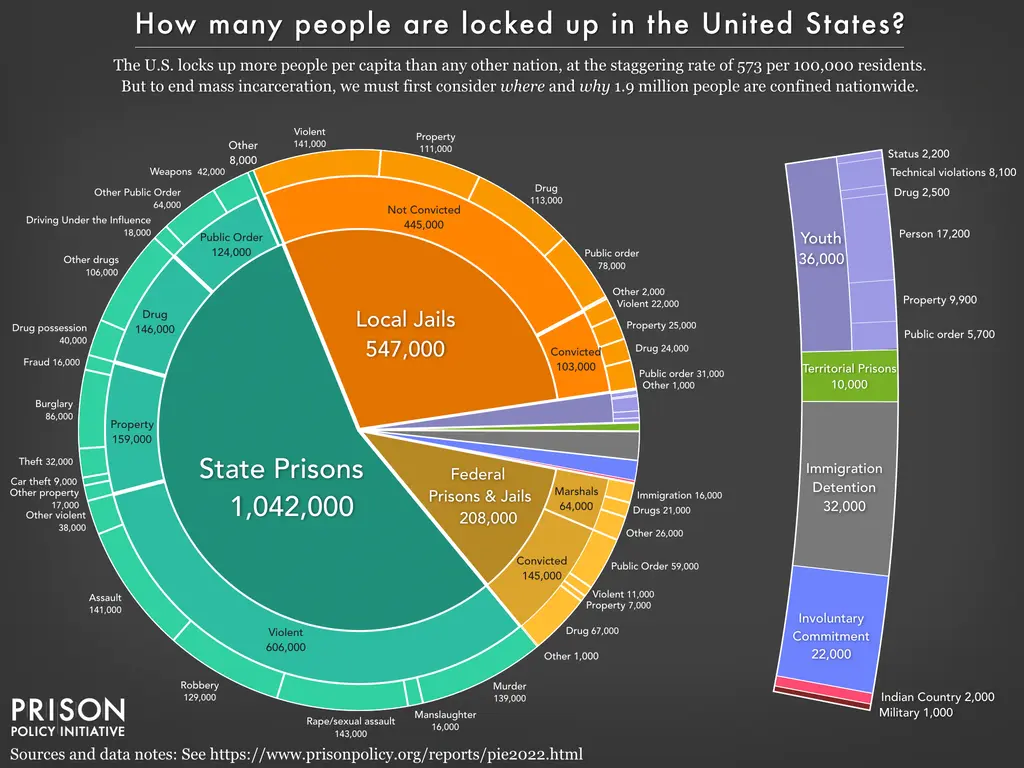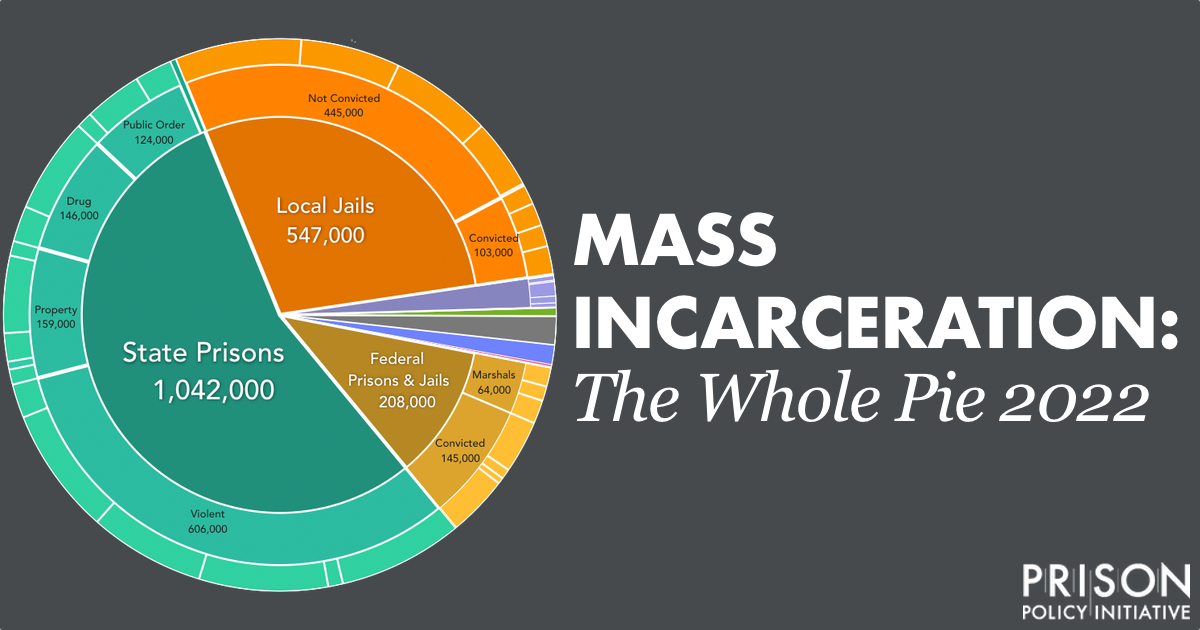OfTheCross
Veteran
I don't give a damn about people that complain about Police accountability and CJ reform that don't take these elections seriously


 theintercept.com
theintercept.com
Floyd’s murder, and a spate of other police officers getting off scot-free after killing Black men, led to worldwide protests against police brutality. The county’s top prosecutor, Mike Freeman, sided with Chauvin shortly after the incident, saying that there was “other evidence that does not support a criminal charge” in Floyd’s murder.
Initially, there was momentum behind a plan to defund the Minneapolis Police Department entirely. But amid pushback from local law enforcement, some city council members softened their stance and proposed another plan to overhaul, but keep, the department. And after a ballot measure to replace the city’s police department with a department of public safety failed last November 56 percent to 44 percent, mainstream media and politicians were quick to claim that Minneapolis residents didn’t want major police reform. “Voters in Minneapolis have resoundingly rejected a proposal to reinvent policing in their city,” NPR wrote of the vote.
A jury ultimately decided differently, convicting Chauvin earlier this year, to the relief of Floyd’s supporters. And on Tuesday, Hennepin County voters dealt another rebuke to Freeman’s tough-on-crime approach and what his critics said was a reluctance to hold police accountable in killings and other instances of brutality. Voters sent former Chief Public Defender Mary Moriarty to the top spot for county attorney with 36 percent of the vote in the seven-way nonpartisan primary. Moriarty came in far ahead of the police-backed candidate, retired Judge Martha Holton Dimick, who received just under 18 percent of the vote and will face Moriarty in the November general election.
Dimick is backed by Freeman and local unions for police and sheriffs, along with centrist Minneapolis Mayor Jacob Frey and the Star Tribune editorial board. She served as a county district court judge for a decade before she retired in January to run for Hennepin County attorney. In a Star Tribune op-ed last month, Dimick said that she was depressed after watching the video of Floyd’s murder but that since the murder, “many criminals have heard the message that we don’t care about their actions, and they have acted accordingly.” Her campaign focused on cracking down on repeat offenders and violent crime, and she told the Star Tribune last month that while she supported some efforts to reform the criminal justice system, “we have to send the message that there are going to be consequences if you commit a crime.”
https://theintercept.com/2022/02/08/amir-locke-no-knock-warrants-minneapolis-jacob-frey/
But Dimick’s approach fared poorly among Hennepin County residents Tuesday, who overwhelmingly chose Moriarty’s reformist approach — focused on restorative justice, alternatives to incarceration, ending racial disparities in the legal system, holding police accountable, and removing cash bail for nonviolent offenders.


Criminal Justice Reformer Trounces Police-Backed Candidate in Race to Replace Top Prosecutor in Floyd Murder
Hennepin County’s former chief public defender received more than twice the votes of the police-backed candidate picked by Minneapolis Mayor Jacob Frey.
Floyd’s murder, and a spate of other police officers getting off scot-free after killing Black men, led to worldwide protests against police brutality. The county’s top prosecutor, Mike Freeman, sided with Chauvin shortly after the incident, saying that there was “other evidence that does not support a criminal charge” in Floyd’s murder.
Initially, there was momentum behind a plan to defund the Minneapolis Police Department entirely. But amid pushback from local law enforcement, some city council members softened their stance and proposed another plan to overhaul, but keep, the department. And after a ballot measure to replace the city’s police department with a department of public safety failed last November 56 percent to 44 percent, mainstream media and politicians were quick to claim that Minneapolis residents didn’t want major police reform. “Voters in Minneapolis have resoundingly rejected a proposal to reinvent policing in their city,” NPR wrote of the vote.
A jury ultimately decided differently, convicting Chauvin earlier this year, to the relief of Floyd’s supporters. And on Tuesday, Hennepin County voters dealt another rebuke to Freeman’s tough-on-crime approach and what his critics said was a reluctance to hold police accountable in killings and other instances of brutality. Voters sent former Chief Public Defender Mary Moriarty to the top spot for county attorney with 36 percent of the vote in the seven-way nonpartisan primary. Moriarty came in far ahead of the police-backed candidate, retired Judge Martha Holton Dimick, who received just under 18 percent of the vote and will face Moriarty in the November general election.
Dimick is backed by Freeman and local unions for police and sheriffs, along with centrist Minneapolis Mayor Jacob Frey and the Star Tribune editorial board. She served as a county district court judge for a decade before she retired in January to run for Hennepin County attorney. In a Star Tribune op-ed last month, Dimick said that she was depressed after watching the video of Floyd’s murder but that since the murder, “many criminals have heard the message that we don’t care about their actions, and they have acted accordingly.” Her campaign focused on cracking down on repeat offenders and violent crime, and she told the Star Tribune last month that while she supported some efforts to reform the criminal justice system, “we have to send the message that there are going to be consequences if you commit a crime.”
https://theintercept.com/2022/02/08/amir-locke-no-knock-warrants-minneapolis-jacob-frey/
But Dimick’s approach fared poorly among Hennepin County residents Tuesday, who overwhelmingly chose Moriarty’s reformist approach — focused on restorative justice, alternatives to incarceration, ending racial disparities in the legal system, holding police accountable, and removing cash bail for nonviolent offenders.

